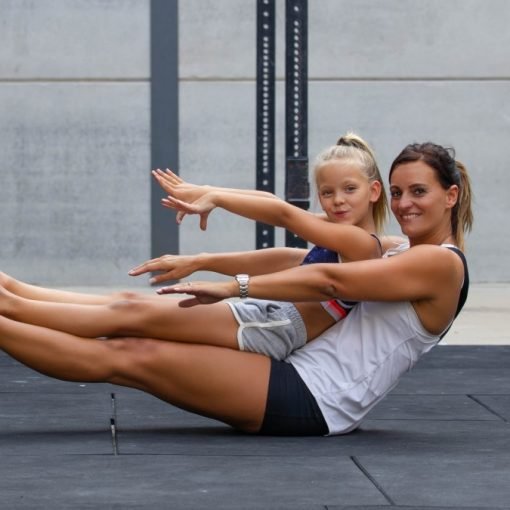Why is that on nights we feel we need the most sleep, we have the hardest time falling asleep? Seriously, it never fails! You’re lying there, wide awake, looking at the clock every 10 minutes. And the stress of not falling asleep, makes it take longer for you to finally get some shut-eye.
Even worse, once you fall asleep, you can’t stay asleep. If you’re lucky, this isn’t a regular occurrence. But for some, this is a nightly routine. If you’re someone who has trouble falling and staying asleep, you’re not alone.

Did you know that:
- 1 in 4 adults aged 18-34
- 1 in 3 adults aged 35-64
- 1 in 4 adults aged 65-79
The average adult aged 18 to 64 years, needs seven to nine hours of sleep a night. While everyone is different, if you’re not falling into that range, likely, your body isn’t getting the rest it needs.
If you’re struggling and feel fatigued and not rested, follow these five tips to get a better night’s sleep.
- Get off those devices!: You’ve probably heard it before, technology could be affecting your sleep. Photo receptors in our eyes sense light and dark and send signals to our brain that affect our circadian rhythms. This is easily thrown off by light emitted from phones or computers. The signals on our brains can’t tell the difference, so even though you know the sun is down, your brain doesn’t. IF you absolutely feel the need to be connected before bed, adjust the brightness—or blue light if you’re able—to help minimize disruptions.
- Exercise regularly: If you are regularly attending your sessions you probably aren’t too worried about this, but it’s still important to consider the implications and the time of day you’re working out. There are different benefits to getting to the gym at different times of the day. However, it’s been widely accepted for some time that exercising too close to bedtime can be affecting your sleep. While it’s generally advised to keep nighttime workouts earlier in the evening, keep track of how your body responds. Everyone is different, so if late-night workouts aren’t affecting your sleep, keep at it night owls!
- Set a routine: Just like you have a gym routine, your body benefits from a sleep routine too. Try to go to sleep at the same time each night and wake up at the same time each morning. Yes, even on weekends. This schedule trains your brain to naturally know when to snooze and when to rise. You’d be surprised how much this simple step can be to help you fall asleep and stay asleep.
- Keep it cool: Our bodies naturally cool down when it’s time to sleep, so an environment that’s too warm can disrupt our rest. Cooler body temperatures get more deep sleep than warm body temps. Most studies agree that temperatures between 60 and 67 degrees Fahrenheit are best for sleeping. If you can’t control your heat, consider some heat reducing products like fans or cool top mattresses.
- Try Black Out Curtains: Light while sleeping can affect everyone differently but similarly to the light on your iPhone waking your brain up, the same happens when you keep your room light or you may have annoying street lights outside your window. Try some blackout curtains or a face mask and see how much deeper you could be sleeping!
If tip #2 is currently a problem for you then perhaps some 1:1 sessions would help keep you accountable, to book in a session just click below:




